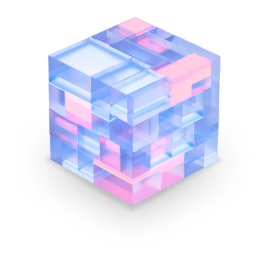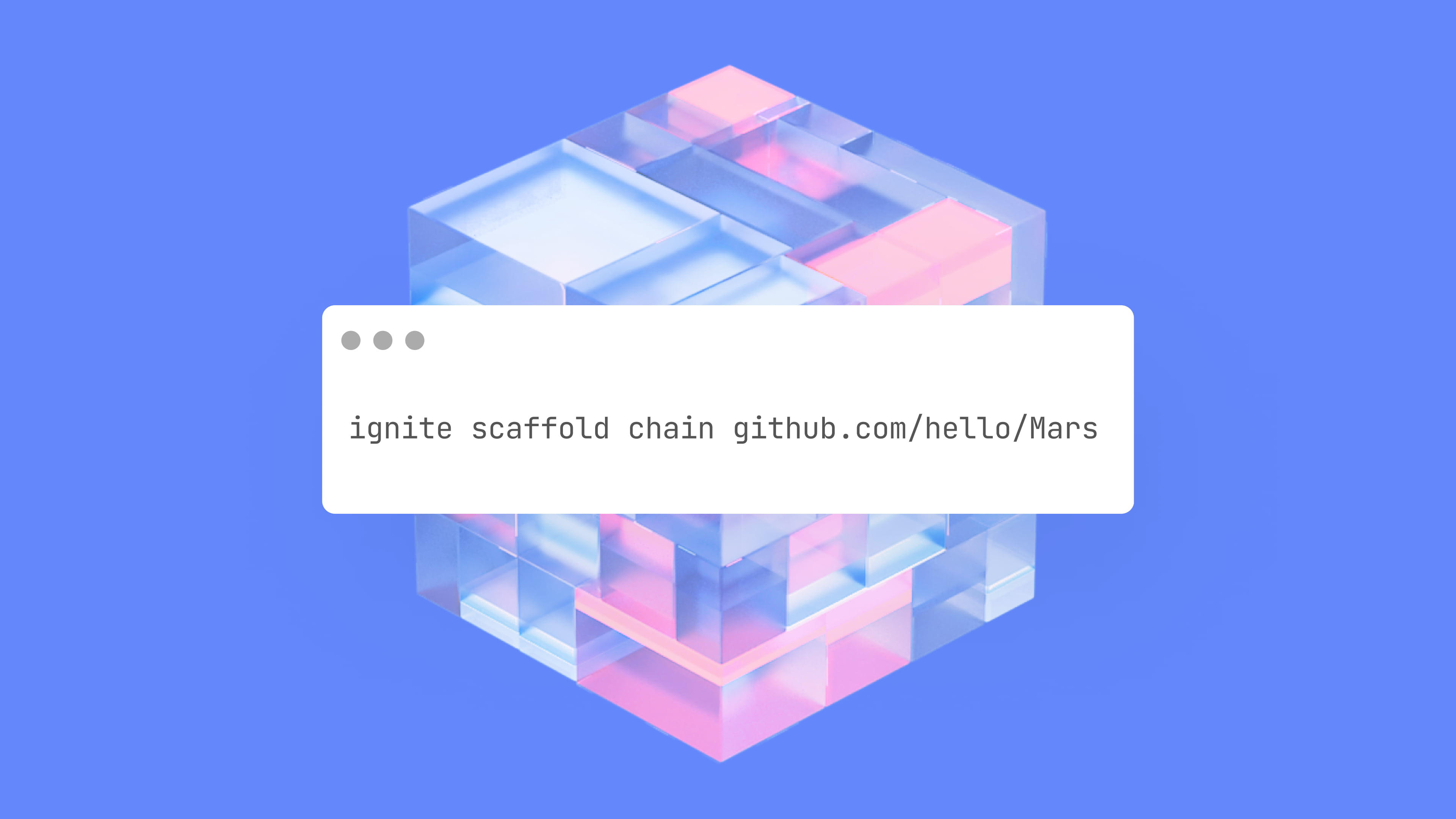
Get expert tips on blockchain development and Ignite CLI updates to give your project a head start.
curl https://get.ignite.com/cli! | bash 
 Har Preet Singh
4 min read
Har Preet Singh
4 min read

Blockchain, the foundation of cryptocurrencies, is a revolutionary technology that has gained popularity in recent years. The global blockchain market has already reached the billion dollars bar and is expected to surpass USD 3474.31 million by 2030, as reported by MarketReportsWorld.
The centralization issues in the current generation of Web, also known as Web2, might risk the authenticity of systems, data security, and consumers privacy. Web3 is the next-generation internet, also known as a blockchain, in which everything feasible in Web2 is still possible, but in a decentralized manner. Blockchain brings transparency, traceability, and decentralization to transactions. At present, many industries such as finance, healthcare, and gaming are developing decentralized applications, increasing the demand for blockchain developers.
By learning the main programming languages for blockchain development you gain an advantage over other developers. This article explores the top five blockchain languages used by blockchain developers.
Go is an open-source, statically typed programming language developed by Google. Go combines the ease of code development and the effectiveness of compiled language. Golang is quite popular and is used by many blockchain projects such as Ethereum, Hyplerdger Fabric, Terra, Avalanche, Harmony, IoTeX, projects building with the Cosmos SDK, and many more. If you have worked with object-oriented programming (OOP) languages such as C++ or JAVA, the Go programming language will seem familiar to you and will be easier for you to learn.
Since Go is statically typed and is a compiled programming language, it is great for building fast and efficient blockchain systems. Golang offers features such as generics, structs, built-in concurrency, automatic memory management, and so on, that enhance the performance. Another advantage of using Go is a significant and growing community of open source developers and builders that any project can improve.
Rust is fast and memory-efficient with no runtime or garbage collector. A low-level programming language, Rust provides direct access to hardware and memory, making it an excellent option to develop embedded and bare-metal solutions.
Rust is also becoming an ideal language for writing smart contracts. The generated compiled binary consumes less memory and advanced optimizations and tree shaking remove dead code (code that does not affect the program results) and support WebAssembly. In the Cosmos ecosystem, the popular CosmWasm smart contract project allows you to write multi-chain smart contracts in Rust.
If you come from a system programming background, such as writing code in C, learning Rust will not be difficult for you.
Many Rust blockchain projects such as NEAR, Polkadot, and Solana are developed using Rust.
Solidity is an object-oriented, high-level language for implementing smart contracts for Ethereum Virtual Machine (EVM) compatible blockchains. Developed by Ethereum, Solidity is the first smart contract programming language and remains the most appropriate language for building smart contracts on the Ethereum network. Influenced by C++, Python, and JavaScript, Solidity is statically typed, supports inheritance, libraries, and complex user-defined types, among other features. Even though this programming language is still relatively young, Solidity has already attracted the attention of many blockchain application developers.
JavaScript is a general-purpose programming language widely used in frontend and backend development. JavaScript can run everywhere from devices like mobiles, tablets, and laptops to the client-side and the server-side using frameworks such as Vue, React, NodeJS, and so on.
Most blockchains include a JavaScript wrapper or library to make it easier for developers to get right into the ecosystem and start creating amazing applications.
JavaScript is a universal language due to its ability to run everywhere:
JavaScript has been used to create several tools to support blockchain development; however, it is not suitable for core blockchain development because it lacks adequate type checking.
Java is one of the oldest programming languages with robust object-oriented programming methodology support. Before Kotlin, Java was the official language of Android mobile app development.
Because of Java's outstanding portability, you can develop and execute your Java code on any platform when you run the code on a Java Virtual Machine (JVM). If you are looking for a challenge, Java is a good programming language to start with.
Java is also a multipurpose programming language. Many blockchain projects are developed using Java, such as Hyperledger BESU, AION, and AI Network.
The programming language you select depends on the blockchain project you want to work with. In the Top 5 Blockchain Platforms and How They Compare research article, the top blockchain platforms are evaluated against various criteria to help you to select the right blockchain platform for your applications. In addition to programming language coding experience, blockchain developers also need different skills, see How to Become a Blockchain Developer.
To get started, follow popular blockchain communities on social platforms. Follow Ignite on YouTube and Twitter. Join the official Ignite Discord to chat with core blockchain developers using Go to build crypto apps on sovereign blockchains.